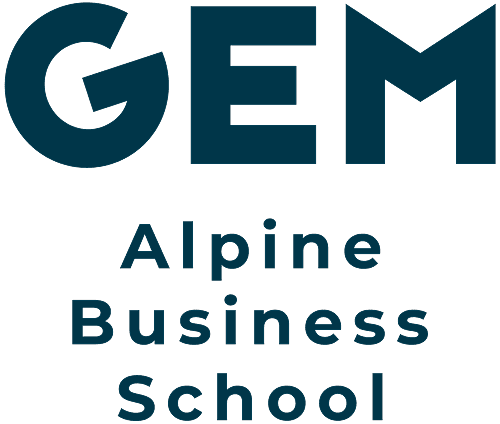DBA Testimonial: Dr. Carlos Martinez shares how his DBA thesis contributes to social responsibility.
 DBA 2023 Graduate
DBA 2023 Graduate
Dr. Carlos Martinez, DBA
Instructor of Information Systems California State, Fresno
linkedin.com/in/carlos-martinez-dba-7801b613/
Unlike many DBA theses I have come across during my doctoral journey analyzing popular problems, processes, or practices currently used in prevalent industries in the business world, my research looked at a hidden problem that has been around for awhile.
"My dissertation tackled the use of smartphone technology by undocumented immigrants in the U.S. for securing employment and improving work productivity. My motivation for this research grew from the substantial number of immigrants in my community and throughout the U.S.
Additional motivators included the rise of smartphone technology adoption, the increased capabilities of these devices for communication and problem solving, the abundance of literature regarding Bring-Your-Own-Device (BYOD) with corporate employees in the Information Systems (IS) field, and the lack of literature for undocumented workers with low literacy levels. According to the literature, approximately 10.9 million undocumented immigrants reside in the U.S. About half live in three states: California (24%), Texas (16%), and New York (8%).
Using Grounded Theory through qualitative methods and an interpretivist epistemological approach, my research generated 23 interviews within this population in three counties in California: Fresno, Monterey, and Los Angeles (LA). The results showed that undocumented immigrants are highly dependent on smartphones to complete their work through the BYOD practice.
The findings are striking because while corporate employees enjoy higher literacy levels, increased training, and greater IT support for their devices, undocumented immigrants are forced to use their personal private devices while having lower literacy levels and without any employer support or training. In other words, they have no option but to use their private smartphones to maintain their work status.
Our findings showed that undocumented immigrants depend mainly on three free mobile apps for their jobs: Google Maps, Google Search, and YouTube. These apps provide work security and improve productivity. Google Maps is used to arrive efficiently at the daily work sites where the immigrants might build a fence or fix a roof. Google Search is used to solve problems while on a work task, such as looking up a diagram to complete mechanic work. Similarly, YouTube is used for self-training on a new job the immigrants are unfamiliar with, such as building a new roof type or a new side job they were offered but lack the required skills.
Our findings also discovered a new phenomenon we labeled Bring-Your-Own-Knowledge (BYOK) to the Information Systems literature. This trend is the result of undocumented immigrants training themselves in new skills acquisition through the BYOD practice.
The study also shows that through BYOK, undocumented immigrants find some sort of employment equality as they lack proper documentation to seek work. They do not have the luxury of switching jobs as it is not easy for them to obtain jobs. They rely ontheir smartphones to open doors for them in a foreign country where they don’t speak the language. My research provides significant theoretical contributions in the BYOD literature with unorganized workers and their use of smartphones at work. It highlights the BYOK phenomenon discovered because of this research. It also makes significant managerial contributions for undocumented immigrants, blue-collar workers in general, and organizations hiring these populations.
My goal was to study something that made a difference in my community and that was socially responsible. I was very lucky to have had an incredible supervisor —Dr. Jani Merikivi—whom I am forever grateful to because he not only helped guide me in my research, but he also provided valuable feedback to the theses while being supportive of me in every phase of the dissertation process.
I hope that my research encourages other researchers to examine their local communities and find hidden areas of research that are not obvious to everyone but are necessary for economic and societal sustainability and contribute to social responsibility around the globe."
Read More: Doctoral Knowledge Journal, issue #19
GettyImages: LaylaBird
- DBA



